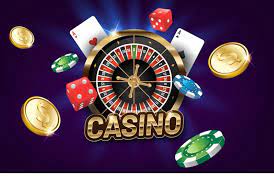Lotteries have captured the human imagination for centuries, powerball offering a tantalizing blend of hope, dreams, and the promise of instant riches. These games of chance, where participants purchase tickets in the hope of winning vast sums of money, have become a global phenomenon. While the allure of lotteries is undeniable, the question remains: do they truly change lives, or are they just a pipe dream? In this article, we delve into the world of lotteries, exploring their history, impact, and the controversies surrounding them.
A Brief History: The origins of lotteries can be traced back to ancient civilizations, including the Chinese Han Dynasty, the Roman Empire, and the Italian city-states during the Renaissance. They were often used to fund important projects, such as the construction of public buildings and infrastructure. Over time, lotteries evolved from being purely utilitarian to a form of entertainment, and they now exist in countless forms, from state-run lotteries to international jackpot games.
The Dream Factory: Lotteries are often dubbed the “dream factory” for the way they ignite the imaginations of players. The chance of winning millions, or even billions, of dollars offers a glimmer of hope to people from all walks of life. The dream of financial freedom, the ability to support loved ones, or the opportunity to pursue long-held ambitions becomes a tangible possibility. Lotteries provide a way to momentarily escape the financial constraints of everyday life.
Changing Lives: There are numerous stories of individuals whose lives have been profoundly altered by winning the lottery. These tales of sudden windfalls and newfound riches can be inspiring, showcasing how a single ticket can open doors that were previously closed. Lottery winners have used their winnings to pay off debts, purchase homes, travel the world, and even start charitable foundations. While these cases illustrate the life-changing potential of lotteries, they represent only a fraction of the overall picture.



